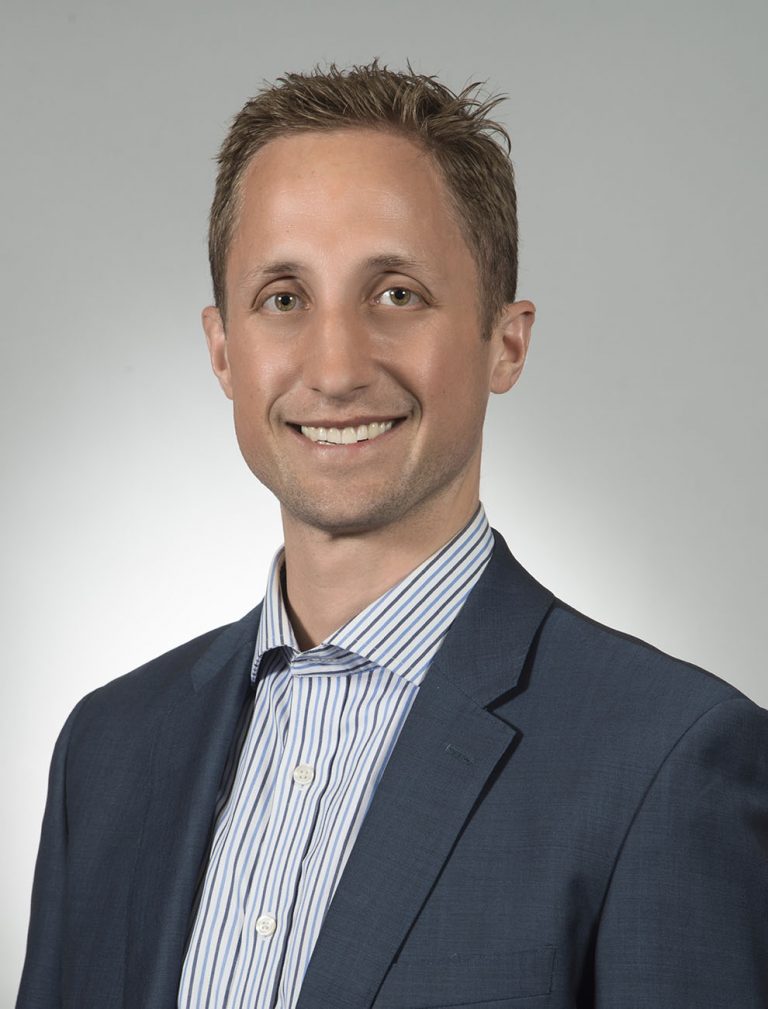
Our Meet the Veep column introduces our members and candidates to the CAS vice presidents who serve on the Executive Council (EC), the governance arm of the CAS that oversees the operations of the organization. It consists of the president, president-elect, executive director and six vice presidents in charge of different functional areas.
In this installment, we are pleased to introduce the CAS Vice President-Professional Education Justin Brenden, FCAS, CERA, FIA, who is at the mid-point of his three-year VP term.
What is your day-to-day job?
I’m the chief reserving actuary for Third Point Reinsurance Company Ltd. in Bermuda.
What is your role as the CAS Vice President-Professional Education?
My job is to make sure that we are providing the best possible continuing education and professionalism education to CAS members. Our most popular offerings are the Spring and Annual Meetings, seminars, webinars and the Course on Professionalism, but we are always looking for new events and formats.
The full credit for the work we do in delivering education to our members goes to the outstanding volunteers and staff who serve on the various program committees that design our events, and the speakers who present the sessions. I support the volunteers and staff and try to make sure that we are doing our part to meet the CAS’s strategic objectives.
What volunteer work had you done for the CAS that led to your appointment as VP?
My primary qualifications for this VP role were my terms on the planning committees for the Casualty Loss Reserve Seminar (CLRS) and Ratemaking, Product and Modeling Seminar.
After serving on the CLRS committee for three years, I was asked to serve as vice chair, and then a year after that, I was asked to serve as chair. At the end of my three-year term as chair, I was asked to step into the VP position.
I really enjoyed my time on the planning committees. I found that it was a way to contribute to the profession while learning and expanding my professional network. I also liked the fact that on those committees we were working towards a clear and definite goal in the near future, because those seminars are held annually.
What are your goals as the CAS Vice President-Professional Education?
I think of my goals as a VP as falling into two categories:
First, for existing programs, I want to help the committees to continue providing the high-quality education that we have delivered in the past and improve it even further. I measure this not only by attendance at events but also by closely tracking the attendees’ evaluations. We take the results of those evaluations very seriously, so please complete them after you attend an event!
Second, in addition to what we have typically done in the past, we are always looking for new ways to meet our members’ educational needs. We are expanding our use of technology to offer new programs, looking to offer more educational options outside the U.S., and testing new educational formats that line up with the latest best practices in adult education.
Could you share an interesting fact about yourself?
My wife, Eunice Loi, is also an FCAS, and she works at a different reinsurance company in the building that is next door to mine — this probably only ever happens in Bermuda!
We have a one-year-old son who attended his first CAS Annual Meeting when he was two months old. We brought him to the new Fellows’ reception, where then-CAS President Steve Lowe generously awarded him an FCAS “by mutual recognition” — though we haven’t received the diploma yet!
When you meet new Associates and Fellows at the Spring and Annual Meetings, what information or advice do you try to impart?
I encourage them to take the initiative to get involved in the CAS by volunteering. Volunteering is obviously good for the CAS itself, but I try to appeal to their own interests as well, as I was taught to do when trying to persuade anyone to do anything!
For instance, I can honestly say that my time volunteering at the CAS has been a great investment in terms of the benefits it has given me, such as building my network, developing skills, and broadening my perspective. My career thus far has been more satisfying and successful as a result. The positive benefit of giving back to the profession is icing on the cake.











